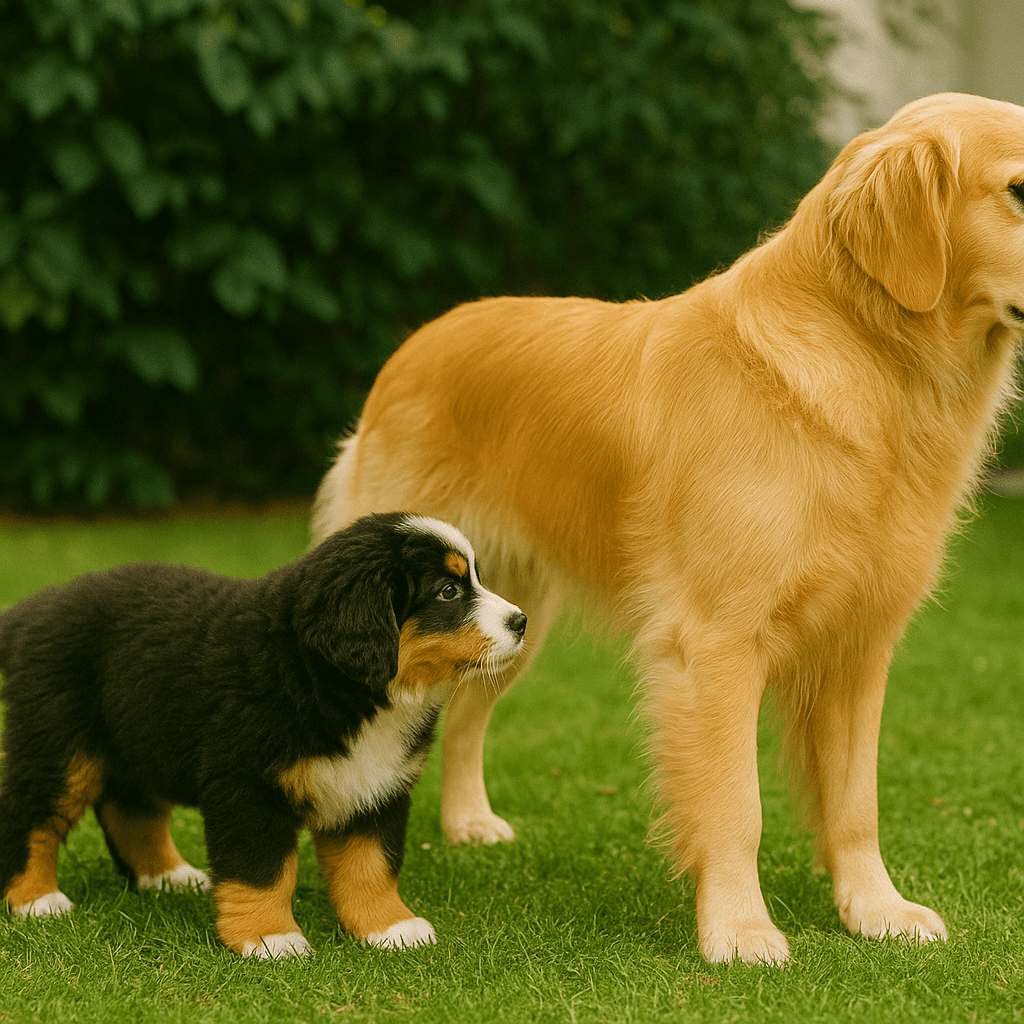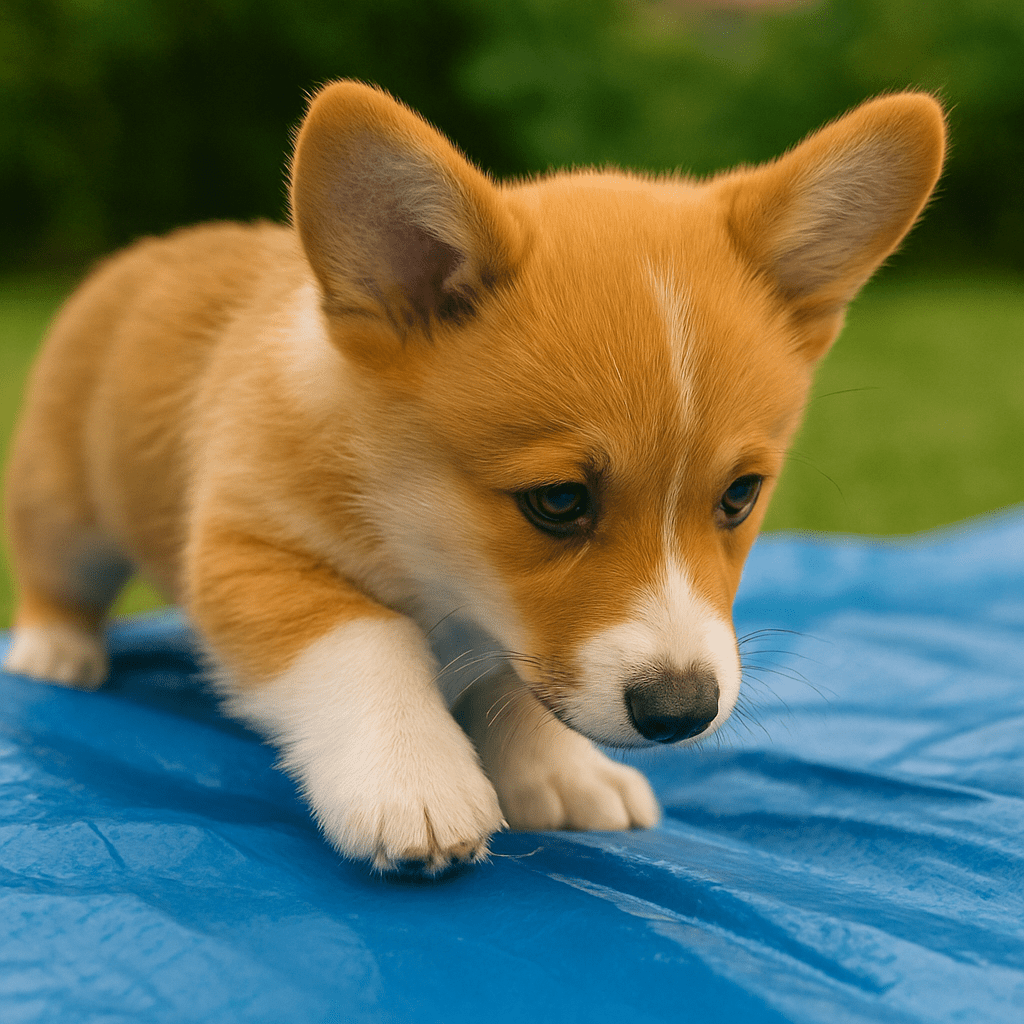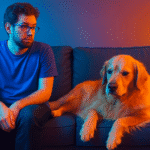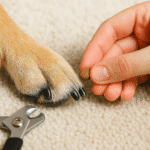How to Socialize Your Puppy: A Checklist for a Confident Dog
A World of Friends: The Ultimate Guide to Puppy Socialization
Bringing a new puppy home is a whirlwind of joy, cuddles, and sharp little teeth. As you navigate house-training and crate training, there is one crucial process at work that will shape your dog’s future more than any other: socialization. This isn’t just about letting your puppy play with other dogs. True puppy socialization is the delicate and essential process of introducing them to all the sights, sounds, and experiences of our human world in a positive way, building a foundation of confidence that will last a lifetime.
Think of it as building an emotional immune system. A well-socialized puppy grows into an adult dog who is resilient, adaptable, and unafraid of new things. A dog who misses this opportunity is more likely to be fearful, anxious, and reactive. This guide will serve as your roadmap through this vital period, helping you understand what to do, when to do it, and how to do it safely to raise a happy, well-adjusted member of the family.
The Golden Window: The Critical Socialization Period
There is a magical, and fleeting, period in a puppy’s development that has the biggest impact on their future temperament. This is the critical socialization period, which occurs roughly between **3 and 16 weeks of age**. During this time, your puppy’s brain is like a sponge, soaking up information and forming lasting opinions about what is safe and what is scary. Positive experiences during this window teach them that the world is a fun, exciting place. Negative experiences or a lack of exposure can teach them that the world is frightening and unpredictable.

The Socialization Balancing Act: Safety vs. Exposure
Herein lies the great challenge for new puppy owners: how do you expose your puppy to the world before they are fully vaccinated? This is a valid concern that requires a smart, balanced approach.
Your Ultimate Puppy Socialization Checklist
Your goal is to create a rich tapestry of positive experiences. Use this checklist as a guide, always ensuring the experience is positive and never forced. Bring lots of high-value treats!
1. People and Appearances
Introduce your puppy to a wide variety of people in a calm, controlled way.
2. Places and Surfaces
Let your puppy experience different environments and textures under their paws.
3. Sights and Sounds
Help your puppy learn that everyday objects and noises are not scary.
4. Other Animals
Safe interactions with other animals are crucial.

What About Older Rescue Dogs?
If you’ve adopted an adult dog, their critical socialization window has closed, but that doesn’t mean you can’t help them. The process is just different and much slower. The focus shifts from broad exposure to **desensitization and counter-conditioning**—slowly changing their negative emotional response to a specific trigger into a positive one with the help of high-value rewards. For an adult dog with fear or reactivity issues, working with a certified professional trainer or behaviorist is highly recommended.
Conclusion: The Greatest Gift You Can Give
Proper socialization is the single greatest investment you can make in your puppy’s future happiness and your future peace of mind. It takes effort during a short but critical window of time, but the payoff is immense. You are giving your dog the invaluable gift of confidence—the ability to navigate our complex human world without fear. You are building a resilient, well-adjusted companion who is a joy to be around, ready for any adventure that life throws your way.




